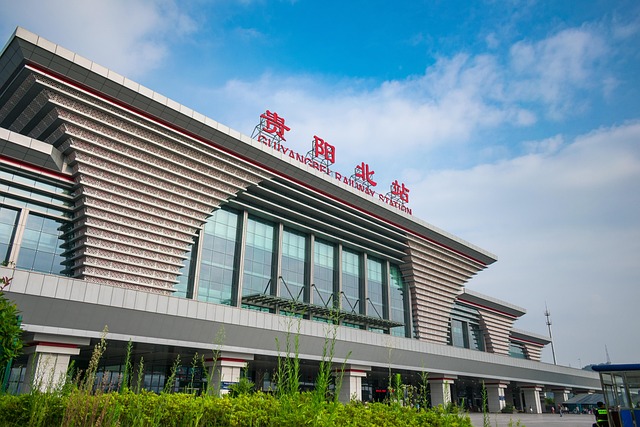
Exploring the Rise of Hungarian Film: A Blend of Modern Entertainment and Rich Cultural Heritage
The landscape of cinema is ever-evolving, and one of the most captivating trends in recent years has been the rise of Hungarian film. This cinematic renaissance captures the essence of modern entertainment while deeply intertwining with the rich tapestry of Hungarian culture. As audiences around the globe seek authenticity and storytelling that resonates with their own experiences, Hungarian films stand out as a nuanced blend of tradition and contemporary relevance.
In a world dominated by fast-paced blockbusters and digital spectacles, Hungarian film offers a refreshing alternative. The country’s filmmakers are adept at weaving intricate narratives that reflect personal and societal issues, often with a pinch of humor and an undeniable emotional pull. This storytelling approach allows for a connection that feels both intimate and expansive, echoing the complexities of human experience in a way that resonates with filmgoers everywhere.
One of the key reasons behind the resurgence of Hungarian cinema is its commitment to preserving cultural identity while embracing modern themes. Directors like László Nemes, known for his acclaimed film Son of Saul,” have pushed boundaries, introducing audiences to the harrowing realities of history through a contemporary lens. Such works not only entertain but also educate, challenging viewers to engage in conversations about culture, identity, and the human condition.
Aside from poignant narratives, Hungarian films are celebrated for their striking visual aesthetics and innovative storytelling techniques. The cinematography often draws inspiration from Hungary’s stunning landscapes and rich historical architecture, creating a backdrop that is as culturally significant as the narratives themselves. This visual allure serves to immerse audiences, offering them an experience that is both aesthetically pleasing and intellectually stimulating.
Moreover, the collaboration between young filmmakers and seasoned professionals has enriched the industry, enabling a diverse range of stories to surface. Festivals like the Budapest International Documentary Festival showcase both emerging talent and established voices, creating a platform for discussions around culture, politics, and social issues. This synergy not only promotes a sense of community among filmmakers but also invites a broader audience to engage with Hungarian film in meaningful ways.
The global film market’s growing appetite for unique, culturally-driven narratives presents an exciting opportunity for Hungarian film. As films resonate with universal themes of love, loss, and resilience, they also celebrate the distinct cultural experiences of Hungary. This duality is what makes Hungarian cinema such an alluring option for audiences looking to broaden their cinematic horizons while enjoying a poignant cultural experience.
As we continue to explore the world of film, it’s clear that Hungarian cinema is on an upward trajectory—masterfully weaving modern entertainment with deep-rooted cultural narratives. Whether through a gripping drama or an innovative documentary, each film serves as a reminder of the beauty of storytelling and the unbreakable thread that connects us all through shared experiences.



